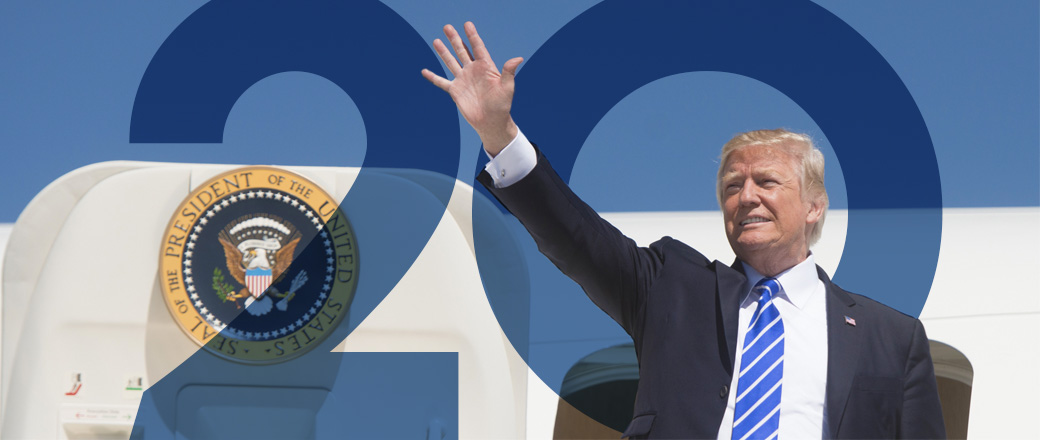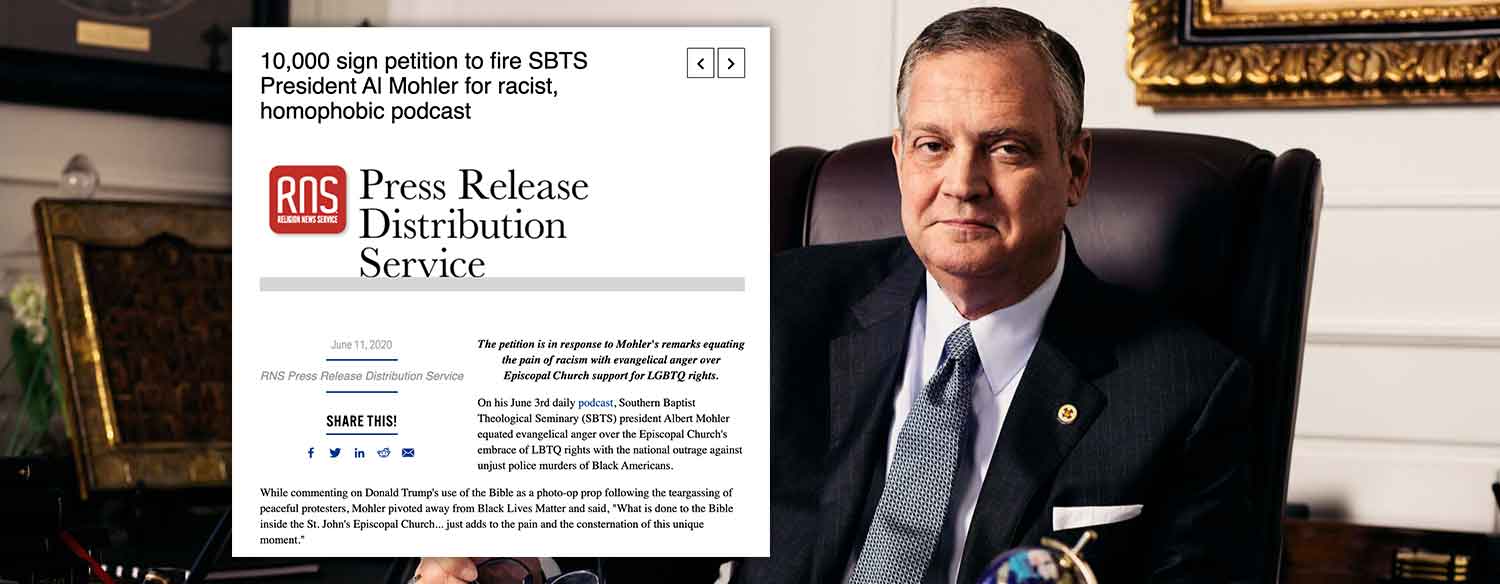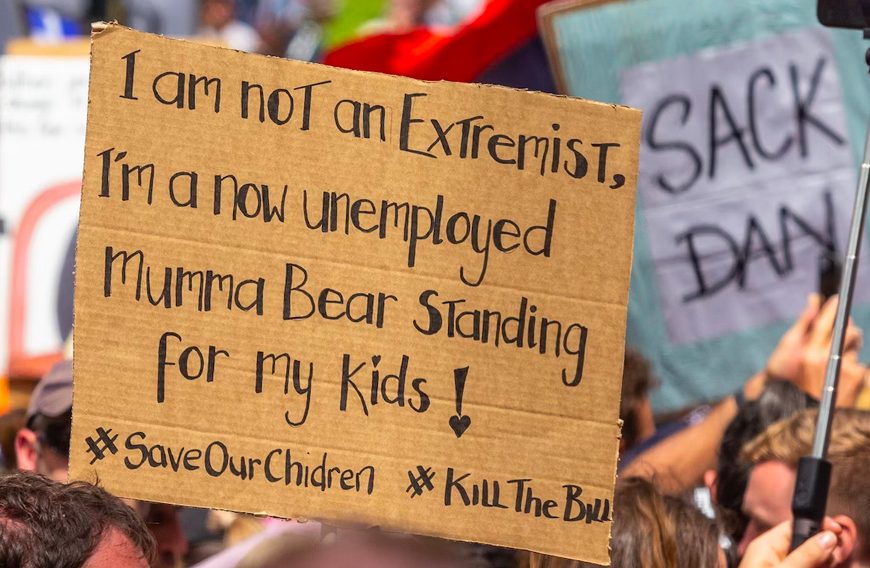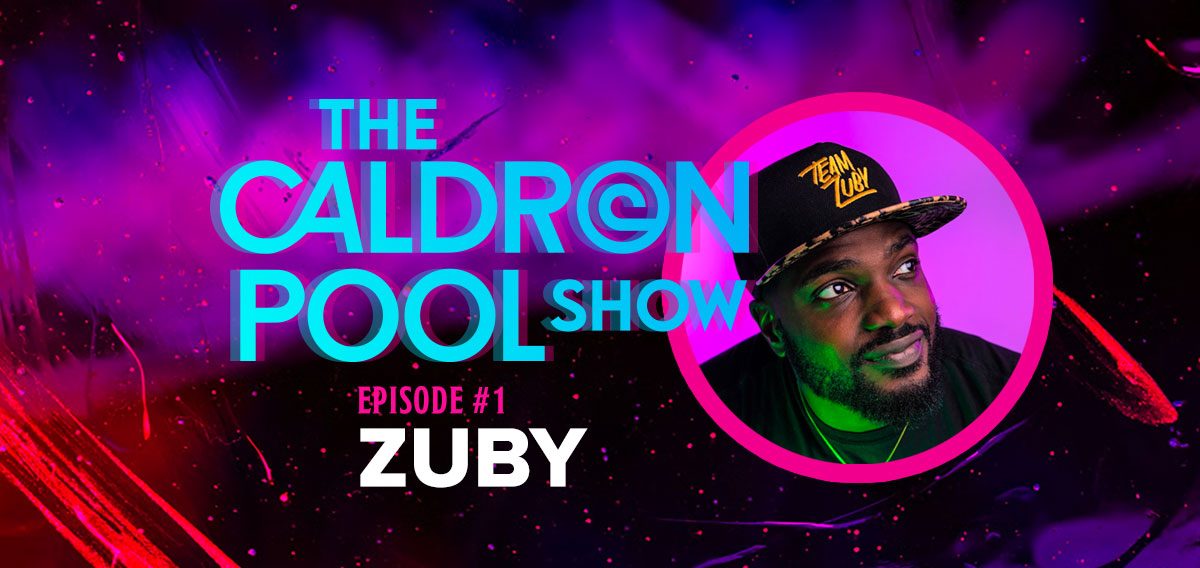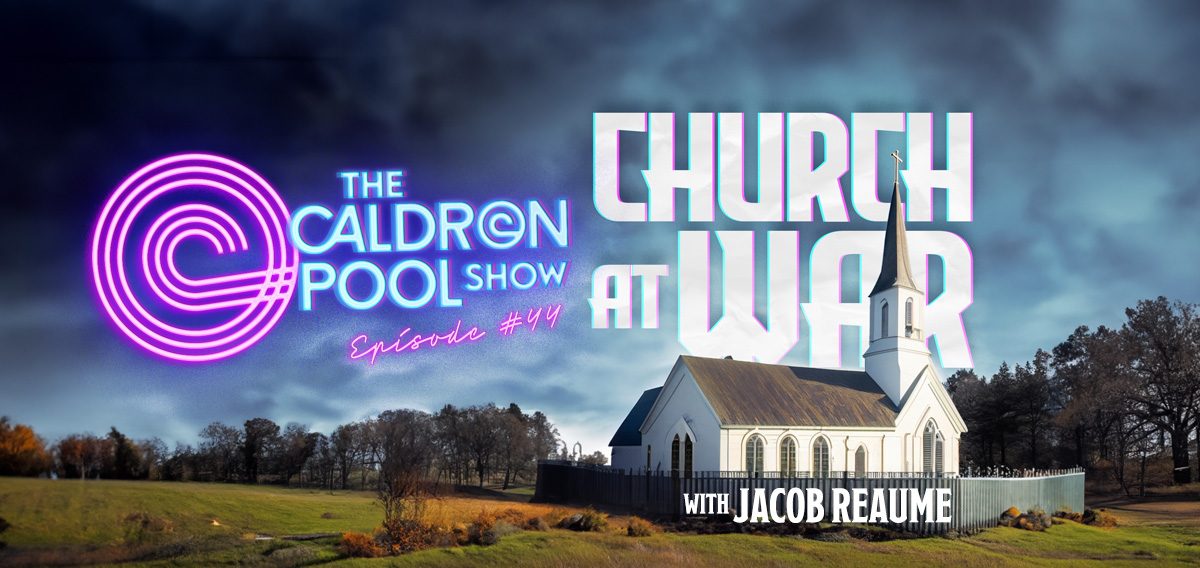From the day Donald Trump announced his candidacy in 2015, I was sceptical. He was a mogul from liberal New York, unfaithful in marriage, divorced twice, and verbally ruthless towards his opponents.
None of that has changed. And while there is still lots to dislike about Trump’s persona, his performance has surprised me.
I’ve lived in America for the last six months. I’ve heard lots of perspectives on Trump, and I’ve kept a close eye on the media. I’ve explored Washington DC, visited the Capitol Building, and I even got to see Trump speak at a live event.
For a whole range of reasons, I’m now convinced that President Trump will win a second term. Here are 20 reasons I’m almost certain he’ll be reelected in 2020.
1. It’s The Economy, Stupid
It’s hard to deny that the American economy is humming. Under Trump, household income is higher than it’s been in 50 years, and unemployment the lowest it’s been in 50 years.
Jobs growth is outpacing expectations. Poverty is down—especially for minority communities, and optimism is up. On top of all of this, the stock market continues to break records.
Debate surrounds the exact figures, but all agree that the Trump economy is impressive.
2. The Black Vote
Black voters traditionally vote Democrat. 2016 was no exception, with only 8% backing Trump. Recent figures, however, place his approval among the African-American community at a jaw-dropping 34%.
Several factors seem to be driving this turnaround. Trump’s economy has been especially good for black communities, with huge increases in black employment and median household incomes.
Trump has also won favour among African-Americans by prioritising prison reform, designating as “national monuments” many historic sites important to the black community, and giving big-name supporters like Kanye West unprecedented access to the Oval Office.
If anywhere near 34% of the black vote goes to Trump, he’ll probably be re-elected in a landslide.
3. The Hispanic Vote
The pundits expected Hispanics to overwhelmingly vote against Trump in 2016 because of his strong stance on immigration. But in the end, he won 28% of their vote. This was at least ten points higher than pre-polling suggested.
Die-hard Republicans suspect that Democrats want open borders in order to secure more Hispanic votes. Whether or not this is true, it is simply not a given that Latinos vote Democrat.
Many Hispanics are Catholic or have a Catholic background, which means they are more conservative on issues like abortion.
And it turns out that they too want their jobs protected from illegal immigrants: almost 60% of Hispanics support Trump’s strong border policies.
4. Incumbency
The modern trend in American politics is that sitting presidents are re-elected. Obama stayed in office for two terms, as did Bush before him, and Clinton before him.
In fact, since the Second World War, only three out of thirteen presidents have been unable to secure a second term.
Incumbency isn’t everything, but the odds are in Trump’s favour.
5. Promises Kept to Evangelicals
Christians like me still have to squint to see the Christianity in Trump. Either way, he has kept his word to people of faith, fulfilling some 90% of the requests they put to him.
Trump has made religious freedom a signature issue of his presidency. In terms of policy, he is one of the most pro-life presidents in history. “Every child, born and unborn, is a sacred gift from God,” is a phrase now regularly heard from his lips.
In his three years so far, Trump has made 173 judicial appointments, at a pace doubling that of Obama’s. These mostly-conservative judges will shape America for decades to come and may end up being Trump’s most significant legacy.
The evangelical vote has long been seen as crucial to election victories in the USA. And like it or not, Trump has worked hard on policy to secure it for a second term.
6. Fake News
Donald Trump is well known for his complaints about the “Fake News Media”, and for calling the modern press “the enemy of the people”. Fans of Trump have taken to mocking media bias with trending phrases like Trump Derangement Syndrome and Orange Man Bad.
Their opposition to mainstream news isn’t unwarranted: a recent study found that, out of 700 evaluative comments made about Trump on major news networks, 96% were negative. During the same period of six weeks, only four minutes were given to discussing Trump’s economy.
Earlier this year, CNN’s president and other staff were secretly recorded exposing an extreme anti-Trump bias that drives their network’s coverage of him.
A month later, an ABC reporter was caught on hot mic revealing that back in 2016, her network quashed a story on billionaire paedophile Jeffrey Epstein at the same time that Hillary Clinton—with ties to Epstein—was running for president.
The intent of these outlets appears to be Trump’s defeat in 2020. But pundits on the left and right point out that this overt bias is playing into Trump’s hand by confirming his claims, and firing up his supporter base.
7. The Media Echo Chamber
There is an additional danger for the mainstream media. The risk for journalists who lurch leftward faster than America is that even as they congratulate each other and believe their own news, they neglect that everyday people aren’t joining them for the ride.
If it’s true that “the ratings don’t lie”, then the meteoric rise of Fox News and the ratings freefall for CNN and MSNBC seem to confirm this reality.
Groupthink, echo chamber, confirmation bias, the media bubble. It goes by different names, but it is a real phenomenon. It was the reason whole nations were taken by surprise when ScoMo won Australia, when Brexit and Boris swept the UK—and most of all, when Trump took America the first time around.
The shock of Trump’s victory helped even left-leaning outlets diagnose the problem: that American newsrooms are now crowded with liberal coastal elites who live in a different world from most of their readers.
Not so long ago, journalists saw their role as informing public opinion instead of forming it. It might be asking too much to turn back the clock on this.
But if mainstream news outlets want to keep acting as a kind of propaganda arm for progressive parties, they will at least need to make their case with more nuance if they hope to avoid a repeat of 2016.
8. Impeachment
Plans to impeach Donald Trump began before he even took office. Democrats finally felt they had enough evidence to launch a formal impeachment inquiry late this year.
In order to remove Trump from office, a simple majority in the House and a two-thirds majority in the Senate would have to agree to it. While the Democrat-led House will likely vote to impeach Trump, it’s hard to see how two-thirds of the Republican-held Senate would even consider impeachment.
Worse still, Americans are souring on impeachment. Since the proceedings began, support for impeaching the President has flipped among voters. While it was 48% for and 44% against beforehand, the most recent Emerson poll shows has this reversed at 45% opposed, and only 43% in favour.
In fact, in a dramatic move, Congressman Jeff Van Drew has grown so sick of impeachment that he will reportedly defect from the Democratic party this week and become a Republican.
9. The Polls
The polls more generally are picking up for Trump. Overall, his approval rating has been poor—on average hovering in the low 40s. That recently rose to 43%, which according to Gallup makes Trump as popular as Obama was at the same point in his first term.
Now that the Democrats seem to be overplaying their hand on impeachment, Emerson has seen Trump’s approval rating spike to 48%, which puts him well within striking range of re-election.
There is also the phenomenon, confirmed by research, that in polls people suppress their voting intentions if their views are publicly demonised.
In other words, since it’s now seen as social suicide to vote for Trump, some of his supporters won’t reveal their voting intention in a poll, and will instead take their opinion straight to the ballot box. So on the quiet, Trump’s approval could be well above 48%.
10. Betting Odds
It’s worth taking a look at betting odds for presidential elections, too. Polls measure people’s emotions and shifting opinions—whereas betting agencies deal in cold, hard cash.
Even now that the impeachment process is underway, Trump is far-and-away the favourite on betting markets. He is around even odds on all legal online betting sites: they’re offering next to no payout on Trump, so great is their fear of his reelection.
11. Trump’s Tweeting
A consistent complaint of Trump’s presidency is his tweeting. The president’s constant trolling, his unfiltered opinions, incomplete sentences and SHOUTING IN CAPS LOCK annoy even his allies.
But Trump’s tendency to tweet is tactical. More than any president before, it allows him to circumvent the media and address everyday people directly. And in the process, it reinforces his image as a freedom fighter standing against corrupt institutions.
Even the way Trump uses language works in his favour. Many mock his awkward grammar and sparse vocabulary as unintelligent. In fact, researchers have found that his linguistic style helps voters see him as more relatable and authentic than regular politicians.
12. America First
Trump has surprised many—and somewhat stolen the thunder of Democrats—with his anti-war stance.
It’s part of a broader “America First” push of the Trump administration. Trump is playing hardball on trade. He is infamously strong on borders. He has persuaded America’s allies to contribute more of a fair share to the NATO budget.
You only have to read the news to see that Trump isn’t presenting the best of America to the rest of the world. But he is presenting a proud America to the rest of the world, instead of apologising or talking America down.
And like it or not, this resonates with voters—especially in America’s heartland.
13. Pro-Israel Policies
America has a long history of support for Israel. Like much of what he does, Trump has supercharged this stance—to the praise of many, and the fury of others.
Earlier this year, Trump invited Israel’s Prime Minister Benjamin Netanyahu to the White House. Just after Israel’s leader told Trump, “Israel has never had a better friend than you,” Trump announced that the USA will now recognise the Golan Heights as sovereign Israeli soil. This is a move that decades of presidents have feared to make.
While Clinton, Bush and Obama all tried to move the US Embassy in Israel to Jerusalem, Trump actually did it. The President has also made strong policy moves to help protect Israel from its neighbouring enemies.
Just this month, in response to rising anti-Semitism back home in the States, Trump signed an executive order protecting Jews from discrimination on college campuses.
All of this will likely bode well with Jewish, Christian and even mainstream American voters.
14. The Rust Belt
The Rust Belt describes the inland “fly over” regions of America that experienced industrial decline beginning in the 1980s—in particular, the Great Lakes region and the Midwest.
Donald Trump promised this region a resurgence in manufacturing, and on this promise, he was able to swing key Rust Belt states to help him secure the presidency.
During his first two years, Trump somewhat delivered on those promises. Jobs growth in manufacturing was solid and benefitted industrial regions.
This growth slowed over the past year, and it seemed as though Trump was losing his shine in Rust Belt territory. But recent polls show him performing better than expected against all of his Democratic contenders in the key battleground states of Michigan, Pennsylvania, and Wisconsin.
15. Draining the Swamp
On the campaign trail, “drain the swamp” was a favourite phrase of Donald Trump. It was his pledge to trim administrative costs in Washington and unseat corrupt career politicians.
His early attempts at this were quite rightly seen as a “revolving door” at the White House. For a while, the news cycle struggled to keep up with all of the dismissals and resignations.
Regardless of how successful Trump’s swamp-draining efforts have been, the perception of Trump as a fearless outsider in D.C. has stuck. His refusal to pander to politicians, his unpolished speeches, and his tendency to shoot from the hip ensure that Washington elites despise him.
That’s just what Trump wants. And his fans with their MAGA hats and “deplorables” t-shirts love him all the more for it.
16. Building the Wall
Arguably Trump’s most controversial policy from the beginning has been his promise to build a wall along the US-Mexican border, to prevent the flow of illegal immigration.
Media has criticised both Trump’s border wall policy and the slow speed with which he is executing it.
Even so, Pew Research has found that 68% of Americans want increased security along America’s southern border, and 54% believe more should be done to deport illegal immigrants.
It also turns out that Trump isn’t quite the xenophobe that his critics make him out to be: despite his tough talk, he has deported less than half the illegal immigrants that Obama did.
17. Democratic Candidates
Perhaps the biggest boost for Trump’s reelection prospects are the Democratic candidates on offer for 2020.
Since the primaries began, over two dozen contenders entered the race. Now that the field has thinned out, the most popular are former Vice President Joe Biden on 26%, and both Bernie Sanders and Elizabeth Warren tied at 16% apiece.
But with Biden’s gaffes, Bernie’s socialism, and Warren’s lack of likeability, the Democrats fear that none of these candidates will be able to defeat Donald Trump. The New York Times recently reported that Democrat doors are in a scramble, asking, “Is There Anybody Else?”
Eager to avoid a repeat of 2016, Hillary Clinton has resisted running for nomination. But in a recent poll, Democrats still favoured her over the current frontrunners—though she’s not even in the race.
18. Democratic Policies
One thing that Americans seem united on in this moment is that America is a divided nation.
From sporting heroes to movies to corporations, everything has been politicised. Both parties have vacated the centre, and hold increasingly polarised political views.
Pew Research recently found that most of this shift has taken place on the progressive side of politics. The data confirms that while Republicans have inched increasingly to the right, Democrats have swung hard to the left.
Last month, even Barack Obama sent a warning to his own Democratic party. He said that average Americans aren’t interested in “certain left-leaning Twitter feeds or the activist wing of our party.”
He went on. “Even as we push the envelope and we are bold in our vision we also have to be rooted in reality,” Obama said. “The average American doesn’t think we have to completely tear down the system and remake it.”
It’s not entirely clear that the current crop of candidates are listening to their former President. In terms of policy, precious little separates them. Among other hot-button issues, they all back big government, tax hikes, open borders and taxpayer-funded abortion.
19. Trump’s Indestructibility
Satire site Babylon Bee recently ran a parody article entitled Trump: ‘If You Impeach Me Now, I Shall Become More Powerful Than You Can Possibly Imagine’.
In humorous and hyperbolic terms, it captured something of the impressive indestructibility that Trump has developed through his three years in office.
The President has a snarky and egotistical persona that provides limitless fodder to his critics. And yet that same characteristic is indispensable to his success.
Where other politicians would backtrack and apologise in the face of criticism, Trump doubles down. In an era of ubiquitous thin skin, Trump’s adaptation to hostility provokes amusement—and even admiration—in more people than might be willing to admit it.
And in a culture like America’s, that’s a quality that goes a long way.
20. Prayer Shifts Nations
For many, the idea of praying for Trump’s 2020 campaign might sound like anathema. But elections are always a choice between the lesser of two evils.
Let’s face it: for those who vote on values like life, faith, freedom and family, the Democratic platform is incomparably worse than Trump’s.
This year in Australia, we saw a historic victory for Scott Morrison. He held back a Labor party that threatened full-term abortion, apathy on religious discrimination, and gender-fluid ideology in schools.
And this victory was backed by an unprecedented prayer movement. Australia’s church united to pray. And God heard our prayers.
For the last seven years, in fact, Canberra Declaration team members have been part of raising up a global prayer and fasting movement for America.
There is no doubt that significant changes are taking place in America in the areas of religious freedom and rights for the unborn. God is faithful.
As America prepares for the 2020 presidential election, the nation’s believers will be pressing in for God’s will to be done. Many of us quiet Australians will be joining them.
And if God used godless kings like Cyrus and Nebuchadnezzar to fulfil His purposes, what is in the way of him using Trump for a second term?


